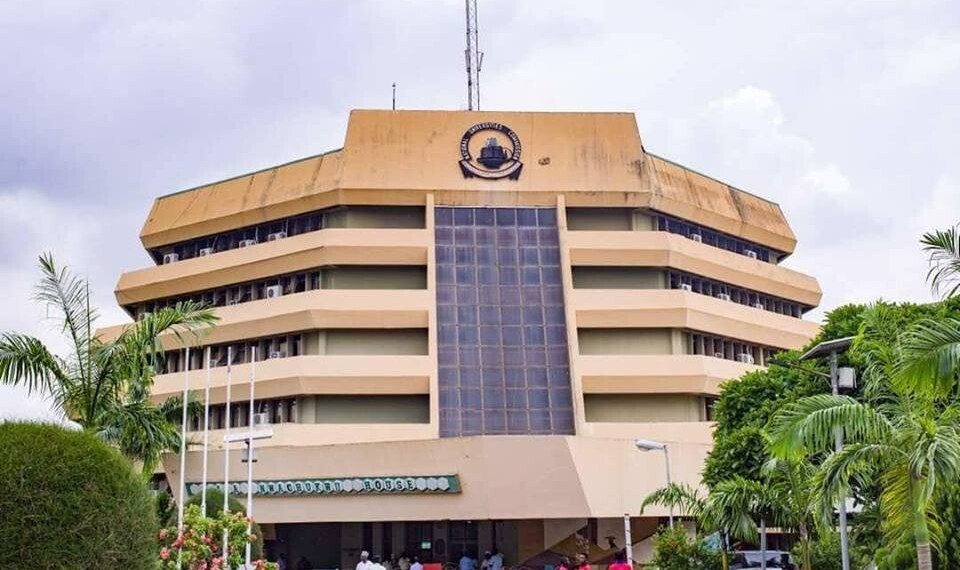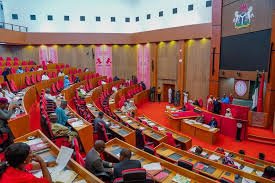Ways to Keep the LOVE Alive in Your Relationship ❤️🔥

Romance is one of the key ingredients that keeps a relationship strong and exciting. It’s not just about grand gestures but also about the small, meaningful moments that show love and appreciation. If you want to add more romance to your relationship, here are some simple yet effective ways to do so:
1. Understand Your Partner’s Love Language 💬💖
Everyone expresses and receives love differently. Dr. Gary Chapman’s concept of the five love languages highlights how individuals prefer to give and receive love. The five love languages are:
Words of Affirmation 🗣️💕 – Some people feel most loved when they hear kind, encouraging, or appreciative words. Simple compliments, love notes, or expressing gratitude can make a big impact.
Acts of Service 🛠️❤️ – For some, actions speak louder than words. Doing something helpful, like cooking a meal, running an errand, or fixing something for your partner, shows love in a meaningful way.
Receiving Gifts 🎁💘 – This isn’t about materialism but about the thought behind a gift. A well-chosen present, no matter how small, can make a person feel cherished and remembered.
Quality Time ⏳💑 – Giving your undivided attention and spending meaningful time together is a priority for some. Putting away distractions and being fully present strengthens emotional connections.
Physical Touch 🤗💞 – Holding hands, hugging, cuddling, and other physical gestures of affection create a deep sense of intimacy and security.
Understanding which love language your partner values most helps you tailor your romantic gestures in a way that resonates deeply with them. It also prevents misunderstandings and ensures that your efforts are truly appreciated.
2. Surprise Them Occasionally 🎉💝
Surprises don’t have to be extravagant to be meaningful. A small, unexpected gesture can brighten your partner’s day and make them feel special. Consider:
Leaving a heartfelt note 💌 in their bag or pocket.
Bringing them their favorite snack 🍫 or drink ☕ when they least expect it.
Planning a surprise outing, like a picnic 🧺 or a spontaneous drive 🚗 to a scenic location.
Sending a random “thinking of you” text 📱💭 or voice note during the day.
The key is to keep things thoughtful and personal.
3. Plan Date Nights 🌙🍽️
Never let your relationship become too routine. Regular date nights help keep the spark alive. Try:
Classic Dates: Fancy dinners 🍷, movies 🎬, or live concerts 🎶.
Adventure Dates: Hiking ⛰️, road trips 🛣️, or amusement parks 🎡.
At-Home Dates: Cooking together 🍳, watching a movie 🎥 with homemade popcorn 🍿, or having a game night 🎲.
Themed Dates: Dressing up 👗🎩 in a particular theme or recreating your first date 💑.
Consistency is key—whether it’s weekly or monthly, make it a priority to set aside uninterrupted time for each other.
4. Express Your Love Daily 💖✨
Love should be expressed every day, not just on special occasions. Make it a habit to:
Compliment your partner genuinely 😊.
Send sweet texts or reminders of why you love them 💬❤️.
Hold their hand or hug them whenever you get the chance 🤗.
Say “I love you” sincerely and often 💕.
A simple “I appreciate you” can make all the difference in how connected you feel.
5. Be Thoughtful 🤔💗
Small, thoughtful gestures show that you pay attention to your partner’s needs and wants. Some ideas include:
Remembering important dates 📆 like birthdays and anniversaries without being reminded.
Preparing their favorite meal 🍲 or drink 🍹 without them asking.
Listening actively 👂 when they share their feelings or concerns.
Supporting them in times of stress 🫂 by offering words of encouragement or a comforting presence.
Thoughtfulness is a subtle yet powerful way to reinforce love and connection.
6. Write Love Letters or Notes ✍️💌
In a world dominated by digital communication, a handwritten letter or note feels extra special. Try:
Writing a heartfelt letter 💕 about what you love about them.
Leaving small love notes 💗 in their pockets, car, or under their pillow.
Sending a surprise email or message reminiscing about a cherished memory 📝.
These little efforts make your partner feel valued and adored.
7. Give Meaningful Gifts 🎁💝
Gift-giving is not about the price but the thought behind it. Consider:
A personalized item, like a custom mug ☕, keychain 🔑, or engraved jewelry 💍.
A memory book 📖 filled with pictures and notes from your favorite moments together.
Something related to their hobbies, like a book 📚, art supplies 🎨, or sports gear 🏀.
A subscription service they’d love, such as a book club, beauty box, or streaming service 📺.
The goal is to make them feel seen and understood through your gifts.
8. Be Affectionate 🥰🤗
Physical touch can be a strong expression of love and reassurance. Simple ways to be more affectionate include:
Holding hands while walking or sitting together 🤝.
Hugging and kissing regularly 💋, even for no particular reason.
Giving back rubs 💆♂️ or gentle caresses when relaxing together.
Snuggling while watching movies 🎥 or before sleeping 🛏️.
Non-verbal expressions of love help build intimacy and connection.
9. Support Their Goals and Dreams 🚀❤️
A great partner is also a great cheerleader. Show support by:
Encouraging their ambitions 🌟 and celebrating their wins 🎉.
Offering to help with tasks or projects they’re working on 📑.
Being patient and understanding during their struggles 💞.
Attending important events or milestones in their career or personal life 🎓.
Knowing you’re there for them through thick and thin strengthens trust and love.
10. Do Things Together 🤝💕
Shared experiences create lasting memories and deeper bonds. Consider:
Trying a new hobby together 🎭, like painting, dancing, or photography 📷.
Cooking a new recipe as a team 🍜.
Exercising together 🏋️♂️, whether it’s jogging, yoga 🧘♀️, or gym workouts.
Volunteering for a cause you both care about 🤲.
Engaging in activities together fosters teamwork and fun in the relationship.
11. Make Them Feel Special Every Day 💫💓
Romance isn’t about big moments only—it’s about consistency. Ways to make your partner feel special include:
Greeting them warmly every morning and night 🌞🌙.
Complimenting them regularly 😊.
Checking in on how their day is going 📱.
Doing little acts of kindness, like running errands for them or making them a cup of tea ☕.
Small, everyday gestures are what keep love alive in the long run.
Finally ❤️
Being romantic in a relationship is all about effort, thoughtfulness, and consistency. It’s not about spending a lot of money but about making your partner feel loved and cherished in meaningful ways. By incorporating these simple but powerful habits into your relationship, you can keep the romance alive and build a stronger, happier connection. 💞✨
💬 What’s your favorite romantic gesture to give or receive? Let’s share some ideas in the comments! 😊💕
Date: March 16, 2025
See More















Leave a Comment